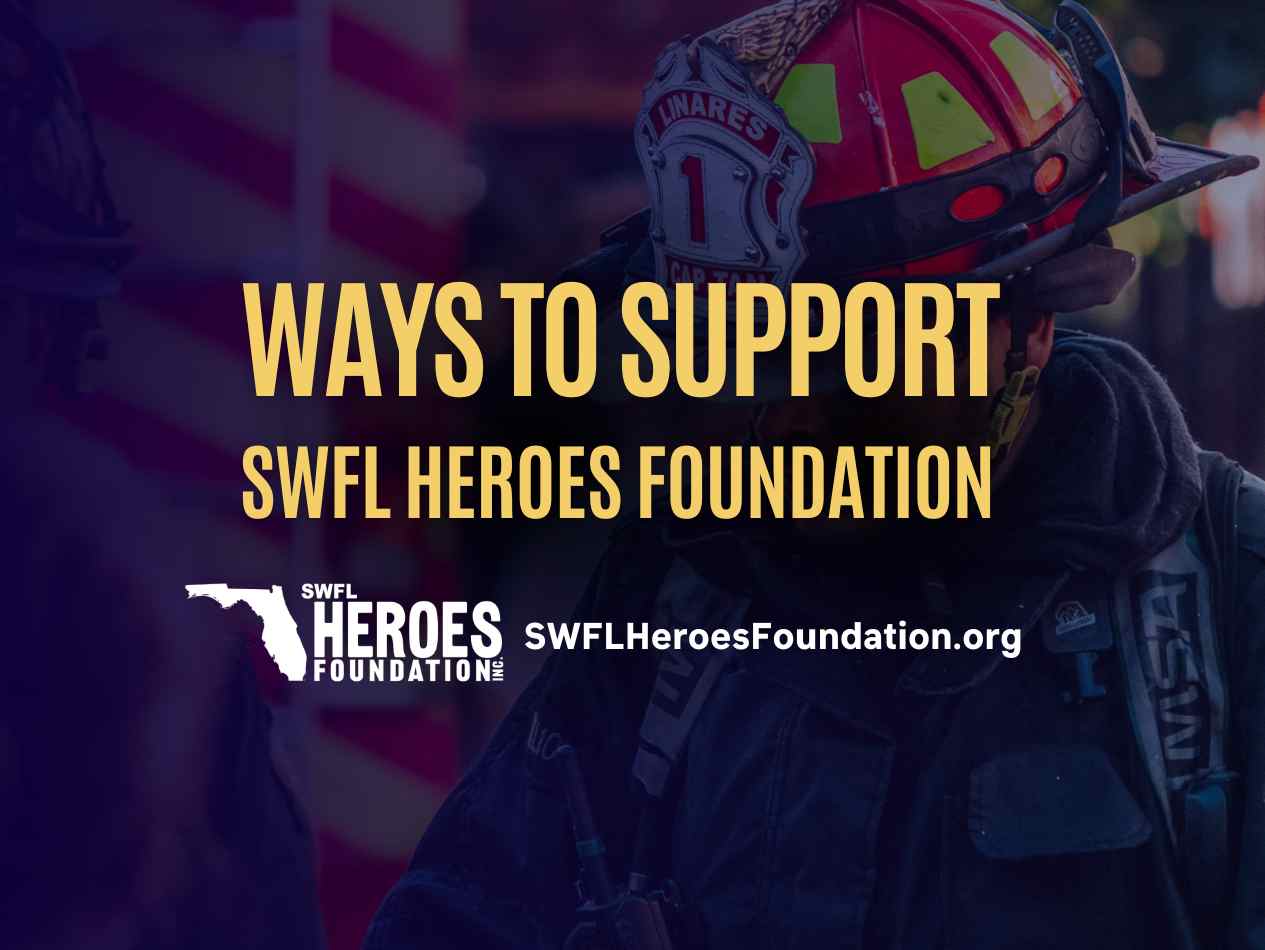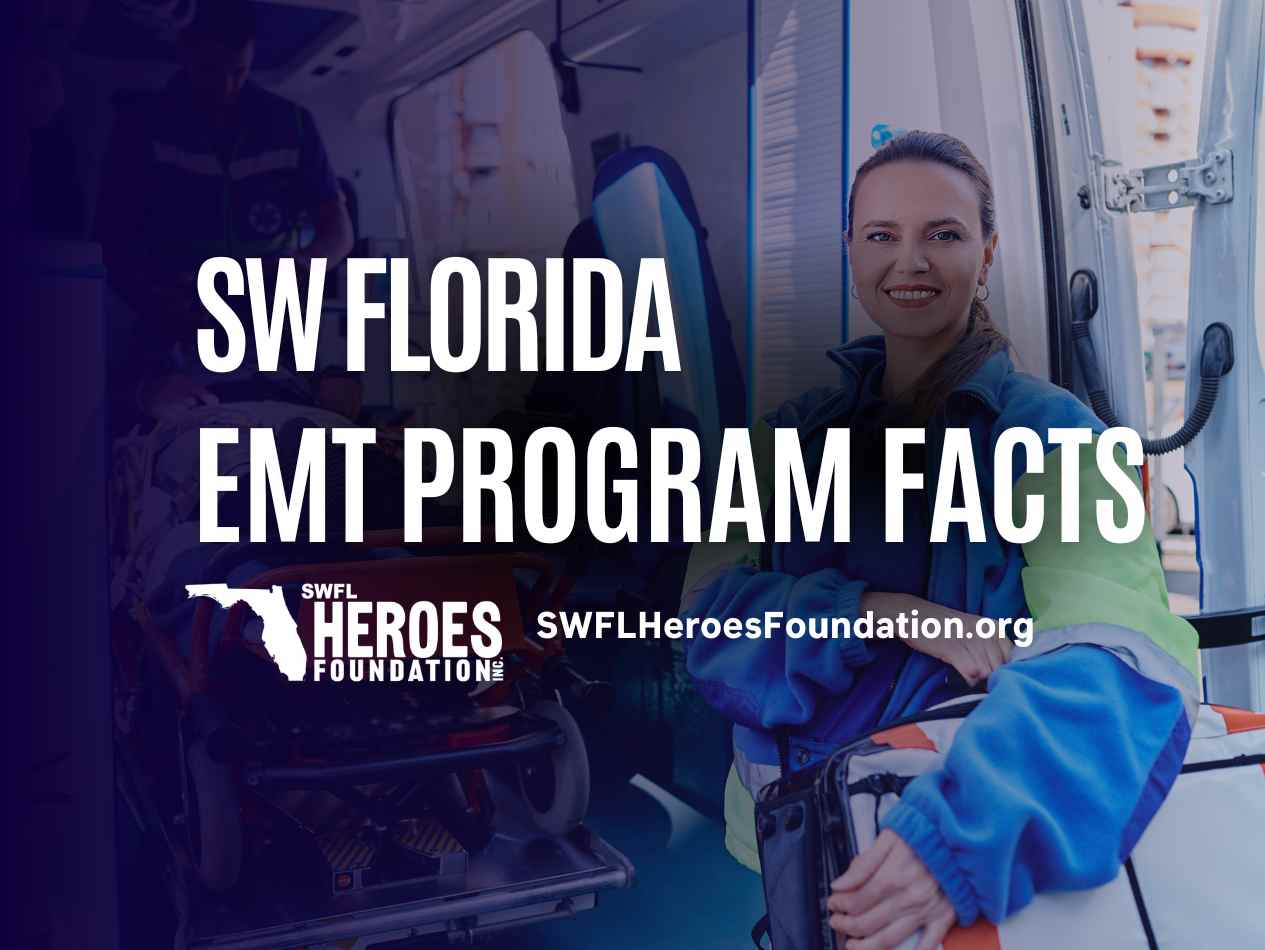What It Takes to Become a First Responder
First responders are the courageous individuals who rush to the scene in times of crisis, providing essential care and support during emergencies. Their role demands a combination of rigorous training, mental fortitude, and physical endurance. This comprehensive guide explores the multifaceted requirements of becoming a first responder, including the necessary training, critical attributes, and specific skills needed to excel in this vital profession.

Essential Training for A First Responder
To effectively handle emergencies, first responders must undergo extensive training that covers both fundamental and specialized skills. This training ensures that they are equipped to manage a wide range of situations, from medical emergencies to hazardous conditions.
1. First responder Fundamental Medical Training
First responders start with foundational medical training, which is crucial for delivering immediate and effective care during emergencies. This training includes:
- Patient Assessment: Learning to quickly evaluate a patient’s condition to determine the appropriate level of care. This involves checking vital signs, responsiveness, and any visible injuries.
- Cardiopulmonary Resuscitation (CPR): Training in CPR techniques to help restart a patient’s heart and breathing if they have stopped. This life-saving skill is essential for managing cardiac emergencies.
- Hemorrhage Control: Techniques for stopping severe bleeding, which is critical in situations such as trauma or accidents. First responders learn to use dressings, bandages, and tourniquets effectively.
2. First Responder Specialized Skills
Once the basic training is complete, first responders often pursue additional, specialized training relevant to their specific field. This ensures they are well-prepared for the unique challenges of their roles:
- Law Enforcement Officers: Receive training in firearm safety, legal procedures, and tactical operations. This training is crucial for handling high-risk situations, conducting investigations, and ensuring public safety.
- Paramedics and EMTs: Focus on advanced medical procedures, emergency care management, and the use of specialized medical equipment. Their training prepares them to handle complex medical emergencies and provide advanced life support.
- Firefighters: Learn techniques for fire suppression, rescue operations, and handling hazardous materials. This training equips them to tackle fires, perform rescues, and manage dangerous conditions effectively.
- Rescue Teams: Specialize in rescue operations and disaster response. This includes training in techniques for extracting individuals from collapsed structures, navigating hazardous environments, and managing disaster scenarios.
3. First Responder Emergency Preparedness
Effective emergency response requires familiarity with established protocols and procedures. This includes:
- Emergency Response Plans: Understanding and implementing response plans specific to various types of emergencies, such as natural disasters or industrial accidents.
- Regular Drills and Simulations: Participating in drills and simulations to practice emergency response procedures and stay updated on the latest techniques and equipment. These practices help ensure readiness for real-life emergencies.
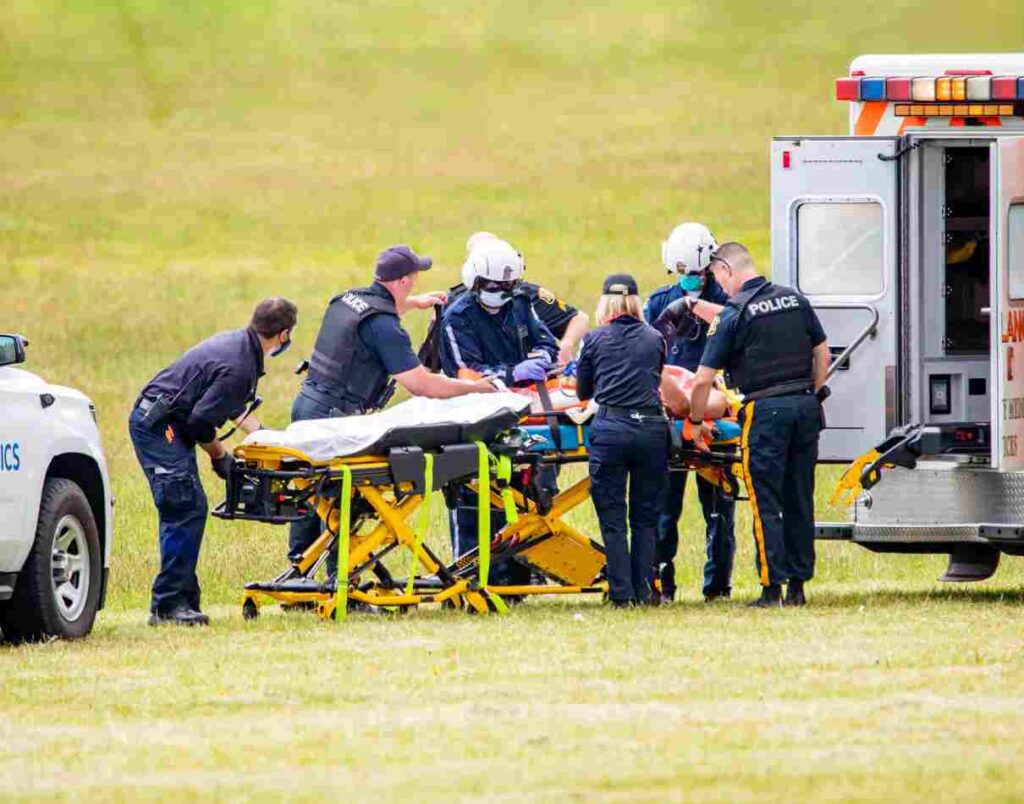
Mental and Emotional Skills
Beyond technical training, first responders must possess strong mental and emotional skills to handle the high-pressure nature of their work. These attributes are crucial for maintaining effectiveness and well-being in challenging situations.
1. Emotional Resilience
Emotional resilience is essential for managing stress and coping with the trauma of emergency situations. Key aspects include:
- Stress Management: Techniques for managing stress and preventing burnout, such as mindfulness, relaxation exercises, and seeking support from peers and professionals.
- Coping with Trauma: Developing strategies to deal with the emotional impact of traumatic incidents, ensuring that personal well-being is maintained while providing effective care to others.

2. Decision-Making and Problem-Solving
Effective decision-making and problem-solving skills are critical in emergency situations where conditions can change rapidly. These skills involve:
- Quick Thinking: The ability to make informed decisions under pressure, often with limited information. This includes prioritizing actions based on the severity of the situation and available resources.
- Adaptability: Being able to adjust strategies and solutions as new information becomes available or as conditions change. This flexibility ensures that responses are effective and relevant to the evolving scenario.
3. Perseverance and Dedication
Perseverance and dedication are vital for enduring the demands of the role. This includes:
- Commitment: A strong dedication to the role and responsibilities, even in the face of challenging conditions or personal sacrifices. This commitment drives first responders to continually improve their skills and remain effective in their duties.
- Continuous Learning: A willingness to engage in ongoing education and training to stay current with best practices and advancements in the field. This dedication to learning helps first responders provide the highest quality of care and support.
Physical Requirements of First Responders
First responders must maintain a high level of physical fitness to handle the demands of their job. This includes both endurance and strength, as well as overall health and safety practices.
1. Physical Fitness
Maintaining physical fitness is crucial for handling the physical demands of emergency response. This involves:
- Endurance: The ability to sustain prolonged physical activity, such as carrying equipment, performing rescues, or responding to emergencies over extended periods. Endurance training helps first responders maintain their stamina and effectiveness throughout their shifts.
- Strength and Agility: Capable of lifting, carrying, and maneuvering in challenging environments. This includes activities like lifting heavy objects, navigating through tight spaces, and performing physically demanding tasks. Regular strength and agility training helps ensure that first responders are prepared for the physical challenges they may encounter.
2. Health and Safety
Maintaining personal health and safety is vital for readiness and performance. Key aspects include:
- Regular Exercise: Engaging in physical exercise to build and maintain strength, flexibility, and cardiovascular health. This helps first responders stay fit and resilient in demanding situations.
- Healthy Lifestyle Choices: Adopting a balanced diet, getting adequate rest, and avoiding harmful habits to support overall well-being. A healthy lifestyle contributes to the physical and mental readiness required for the job.
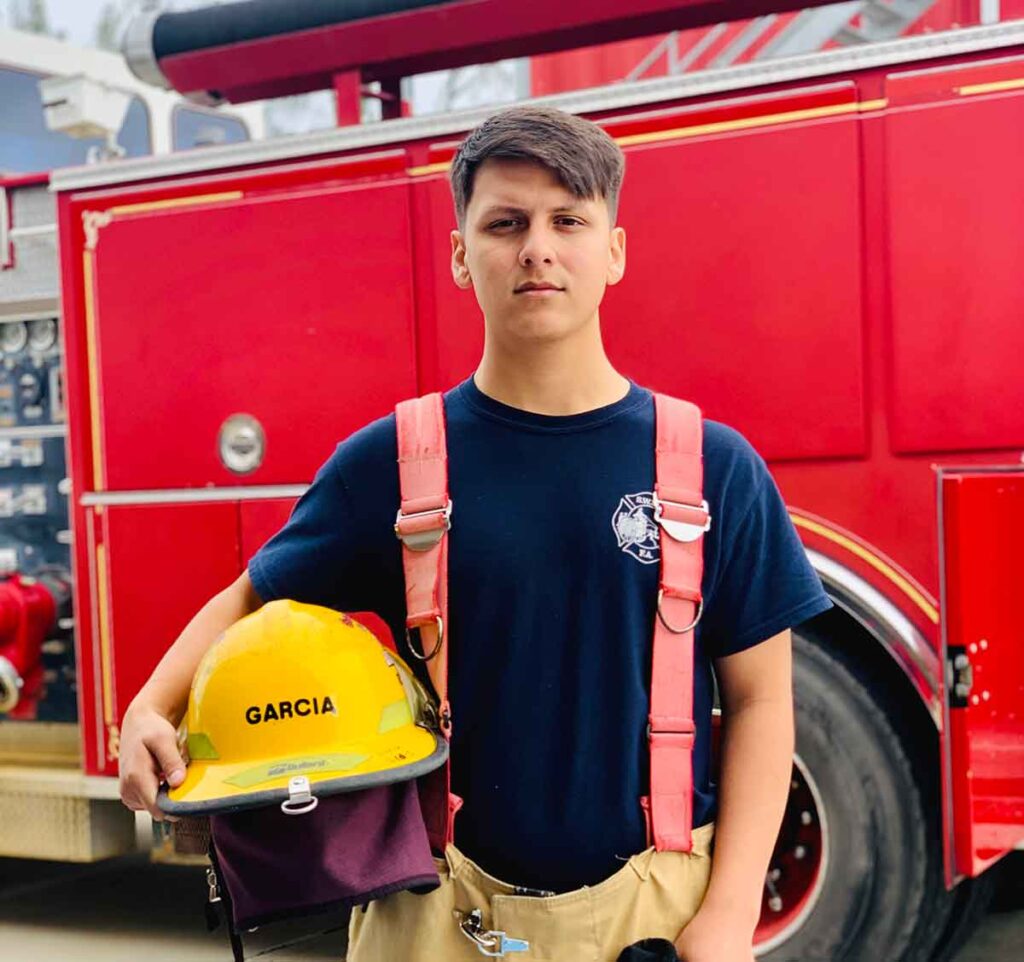
Teamwork and Communication
Effective teamwork and communication are critical for first responders to operate successfully in emergency situations. These skills ensure that they can collaborate efficiently with other responders and provide the best care possible.
1. Effective Collaboration
Collaboration with other team members and emergency services is essential for coordinating response efforts. This includes:
- Clear Communication: Using clear and concise communication to convey information and instructions during emergencies. Effective communication helps ensure that all team members are aware of their roles and responsibilities.
- Coordinated Efforts: Working together to manage resources, make decisions, and execute response plans. Coordination helps maximize the effectiveness of the response and ensures that tasks are completed efficiently.
2. Crisis Management
Managing crises involves both leadership and supportive roles. This includes:
- Leadership Skills: Taking charge in emergency situations and making critical decisions to guide the response. Strong leadership ensures that the team remains focused and effective during high-pressure scenarios.
- Supportive Teamwork: Providing support and assistance to team members as needed. Being a supportive team player helps maintain morale and effectiveness, ensuring that the team can handle the demands of the emergency.

The Road to Becoming a First Responder
The journey to becoming a certified first responder involves several key steps:
Educational Requirements: Most first responder roles require a high school diploma or equivalent. Specialized positions may necessitate additional academic qualifications, such as associate degrees or bachelor’s degrees in relevant fields.
Certification Programs: Enrolling in and completing accredited certification programs is essential. These programs offer theoretical knowledge and hands-on practice, covering all aspects of emergency response.
Licensing Exams: After completing training programs, candidates must pass licensing or certification exams specific to their roles, such as EMT or paramedic exams. These exams test both theoretical knowledge and practical skills.
Field Experience: Gaining real-world experience through internships, volunteer work, or entry-level positions is crucial. This hands-on experience helps solidify training and prepares candidates for the demands of the role.
Continuous Professional Development: The field of emergency response is always evolving. Engaging in ongoing training, attending workshops, and participating in refresher courses ensure that skills remain current and effective.
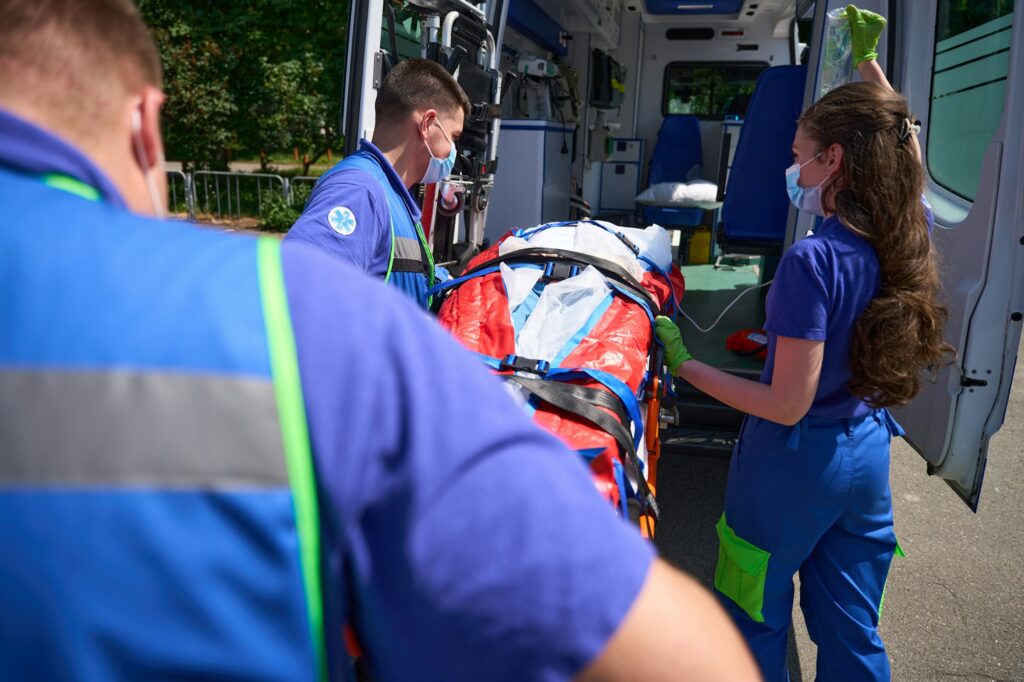
Becoming a first responder involves rigorous training, mental resilience, and physical stamina. These brave individuals face immense challenges to protect and support their communities during emergencies.
In Southwest Florida, the SWFL Heroes Foundation plays a crucial role in honoring the dedication of first responders. Created to commemorate Julian Keen’s legacy, the foundation celebrates and supports the courageous efforts of those who serve our community. By acknowledging their sacrifices and providing vital support, the foundation ensures that the spirit of heroism and service continues to thrive. To learn more about their initiatives and how you can contribute, visit our About Us page.
Join the mission through your gift of any amount.
We value the next generation of leaders by providing scholarships and educational support to our future community heroes.
Let’s do this together! Your gift of any amount is appreciated.


